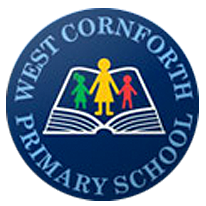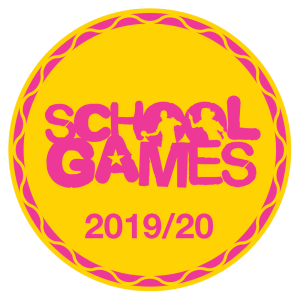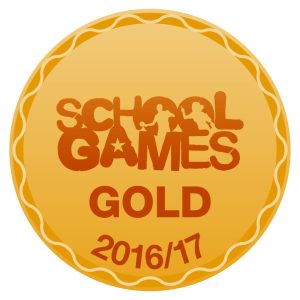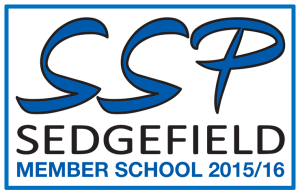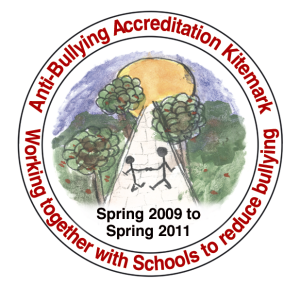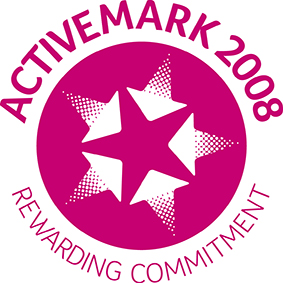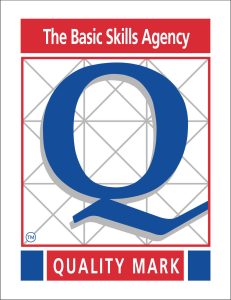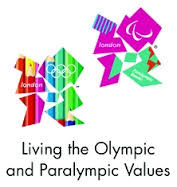Our Curriculum Approach
At West Cornforth Primary School, children start to learn to read using Little Wandle and Phonics Play (a systematic and synthetic approach to phonics) before moving on to the Accelerated Reader programme, when they become more confident readers.
Reading is overtly taught in both English lessons and across the curriculum, with teaching staff modelling how to read a wide variety of texts which children will work with.
Guided reading takes place daily, which gives teachers the chance to hear reading, discuss new words, spelling patterns and check the children’s understanding of the text.
Phonics
Sounds are the building blocks of spelling and reading. At West Cornforth Primary School, we place real importance on the use of phonics as pupils move through EYFS, KS1 and beyond.
We follow the Little Wandle phonics scheme. Phonics lessons take place on a daily basis in EYFS and KS1 and intervention sessions take place where needed in KS2. In their daily phonics session, children learn to recognise and blend sounds and this is followed by a daily small group reading session where this work is consolidated. Children read books which are matched exactly to the stage of their phonic understanding.
If you wish to find out more about Little Wandle and how to support your child at home, please follow the link below. https://www.littlewandlelettersandsounds.org.uk/resources/for-parents/
Phonics Screening Check
In England, all pupils in Year 1 must take the Phonics Screening Check. The check is meant to show how well your child can use the phonics skills they’ve learned up to the end of Year 1 and to identify students who need extra phonics help. The Department for Education defines the checks as “short, light-touch assessments” that take about four to nine minutes to complete.
The checks consist of forty words and non-words that your child will be asked to read one-on-one with a teacher. Non-words (or nonsense words, or pseudo words) are a collection of letters that will follow phonics rules your child has been taught, but don’t mean anything – your child will need to read these with the correct sounds to show that they understand the phonics rules behind them.
Your child will be scored against a national standard, and the main result will be whether or not they fall below, within or above this standard. In 2013, 2014, 2015 and 2016 the “pass threshold” was 32, which means children had to read at least 32
words out of 40 correctly. The threshold mark is communicated to schools at the end of June, after the test has been taken, so that teachers can mark the screening check papers. If your child’s score falls below the standard, they will be given additional phonics support and will have to re-take the Phonics Screening Check in Year 2.
You can help your child prepare for their phonics screening check by practising the phonics they have learnt in Reception and Year 1. You could also read new books and stories with them; this will introduce them to unfamiliar words that they will have to sound out.
If you would like more information on how to help your child at home, please do not hesitate to contact the school.
Reading at Key Stage Two
Once the children enter Key Stage Two, the children use the Accelerated Reader programme. Reading books are taken home daily, accompanied by a Reading Record book, to allow you to comment on your children’s reading. We want the children to foster a love of reading, which is why we ensure that there are a wide variety of books that will appeal to a wide range of readers.
In Key Stage Two, we also have online books for the children to read. The children have access to myOn, which is an exciting live reading resource. They are able to access more than 6,000 enhanced digital books. There are quizzes so that the children can check their understanding of the text they are reading. Each child is given an individual username and password for the site by their class teacher at the beginning of each new academic year. The website can be accessed using the following link: https://www.myon.co.uk/login/
